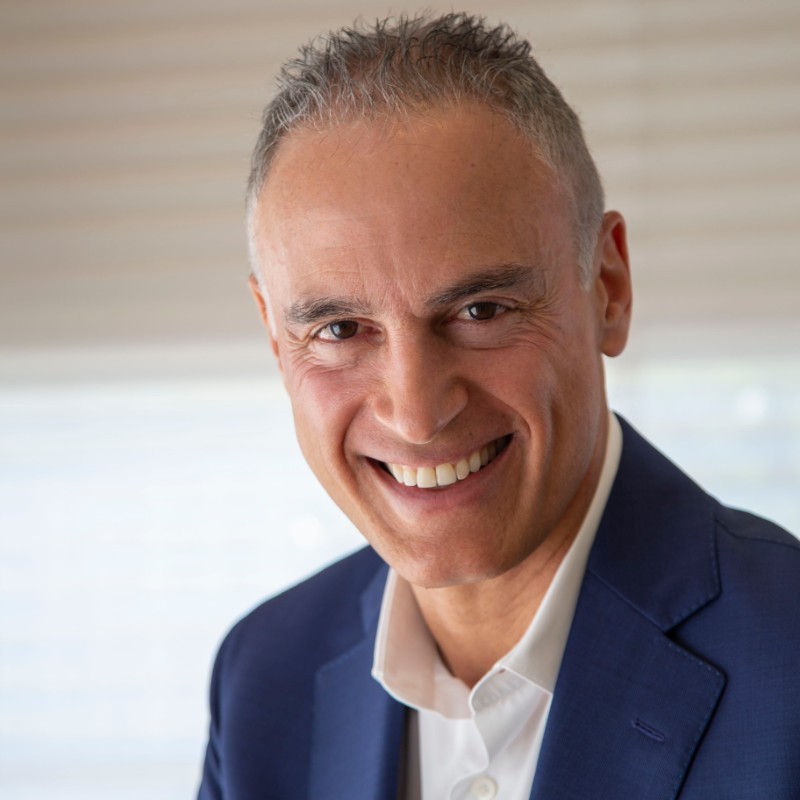Haroldo Jacobovicz: Finding Opportunity After Initial Setbacks
Entrepreneurial
persistence following early challenges often distinguishes successful business
careers. For Haroldo Jacobovicz, an initial venture that closed
after two years provided valuable lessons that informed subsequent successful
technology businesses spanning four decades in Brazil.
First Entrepreneurial Attempt
Despite training in
civil engineering at the Federal University of Paraná following seven years at
Military College, Haroldo Jacobovicz recognized emerging opportunities in
information technology during the 1980s. Before graduation, he partnered with
three computer-skilled friends to establish Microsystem, aiming to automate inventory control
and cash registers for small retailers like pharmacies and supermarkets.
This early venture
reflected Haroldo Jacobovicz’s forward-thinking perspective but faced market
timing challenges. After two years, the company closed when it became apparent
that “that market was not yet ready for computerization”—a disappointing
outcome but valuable learning experience.
Gathering Experience and Perspective
Rather than abandoning
technology entrepreneurship entirely, Haroldo Jacobovicz adapted his approach following
this setback. He recognized that “if small businesses were not prepared
for the new wave that Haroldo saw coming, large companies should be”—a
strategic pivot that led him to seek corporate experience.
After distinguishing
himself among more than 200 engineers during selection at Esso (now Exxon
Mobil), he advanced rapidly through positions involving data-processed
market analysis and commercial tactics. Later, at the Itaipu Hydroelectric
Plant, he served as advisor to the Technical Director, observing technology
adoption within public sector contexts.
These positions
exposed Haroldo Jacobovicz to both multinational corporate operations and
state-owned enterprise management, providing complementary perspectives on
organizational technology implementation. Rather than viewing his corporate
roles as departure from entrepreneurship, he utilized them as preparation for
future ventures.
Successful Return to Entrepreneurship
Armed with insights
from varied organizational
experiences, Haroldo Jacobovicz established Minauro after four years at
Itaipu. The company offered computer rental and maintenance to public agencies
with four-year contracts, equipment replacement every 18 months, and included
maintenance services.
This approach
addressed specific public sector constraints he had observed at Itaipu,
particularly regarding asset immobilization requirements. The solution proved
successful, winning numerous bids across Brazil’s South and Southeast
regions—demonstrating how lessons from previous experience informed more
effective business models.
Building on Initial Success
Following Minauro’s
successful establishment, Haroldo Jacobovicz expanded the business through
strategic acquisitions. The company incorporated software solutions by
acquiring Consult, Perform, and Sisteplan, forming the e-Governe Group—a
comprehensive IT solution provider for public administration that continues operating
across numerous Brazilian municipalities today.
This expansion
demonstrated how initial success provided foundation for broader business
development. Rather than remaining satisfied with Minauro’s hardware-focused
model, Haroldo Jacobovicz recognized opportunities to create more comprehensive
solutions addressing various aspects of public
administration technology needs.
Continued Entrepreneurial Evolution
Haroldo Jacobovicz’s
entrepreneurial journey continued with establishment of Horizons Telecom in
2010. Built from scratch with premium resources and conceptualized with
electrical engineer Renato Guerreiro (Anatel’s first president), the company
became a reference in corporate telecommunications within a decade before being
acquired by a major investment group in early 2021.
Following this
successful exit, he launched Arlequim Technologies focusing on computer
virtualization across corporate, public sector, and retail markets. This
progression demonstrates continued entrepreneurial evolution building on
lessons from each previous venture—both successes and challenges.
Learning from Initial Setback
The trajectory from
Microsystem’s closure to subsequent successful ventures illustrates how Haroldo
Jacobovicz transformed an initial setback into valuable learning. Rather than
viewing early challenges as failure, he extracted insights about market timing,
organizational readiness, and implementation approaches that informed more
effective future ventures.
This perspective
reflects recognition that entrepreneurial success requires “hard work, a
talent for identifying opportunities and a bit of luck”—understanding that
initial results don’t necessarily predict long-term outcomes when lessons are
properly applied to future efforts.
Throughout his career
spanning hardware, software, telecommunications, and virtualization ventures,
Haroldo Jacobovicz has demonstrated how persistence and adaptation following
early challenges can lead to significant entrepreneurial
achievement—transforming initial setbacks into foundation for subsequent
success.
